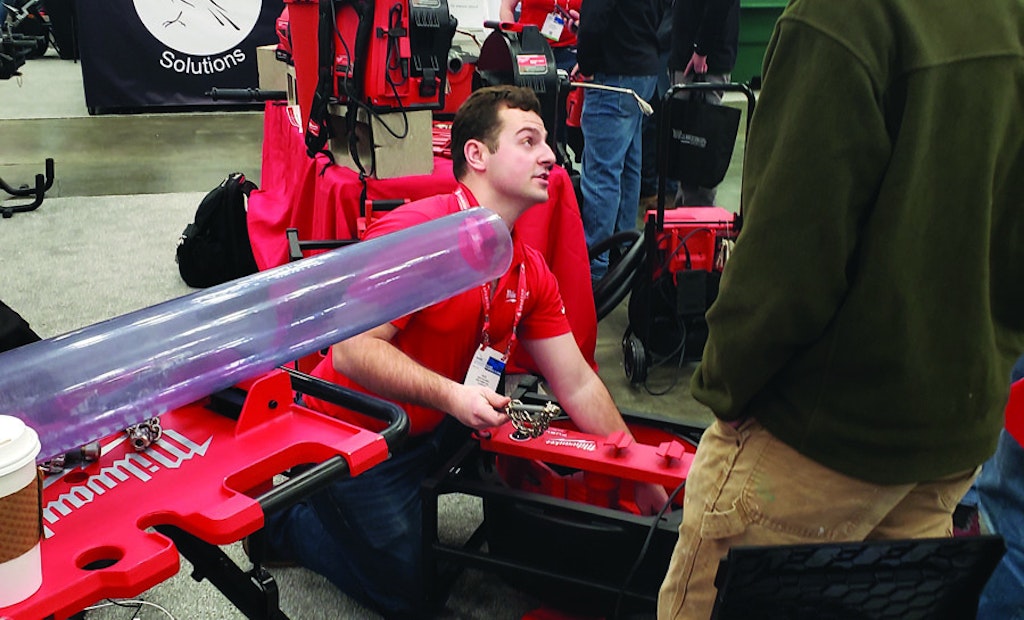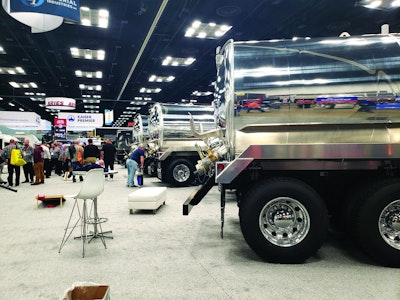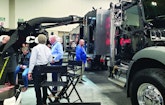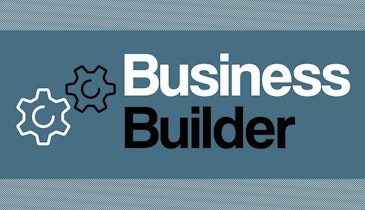
Hands-on demonstrations at the WWETT Show offer a huge advantage for installers shopping for their next valuable piece of equipment. (file photo)
Recently I was having a wide-ranging conversation with an Onsite Installer reader about challenges facing contractors in the decentralized wastewater treatment industry. Many trends in septic system design and installation will make for an exciting — and in some ways uncertain —...







